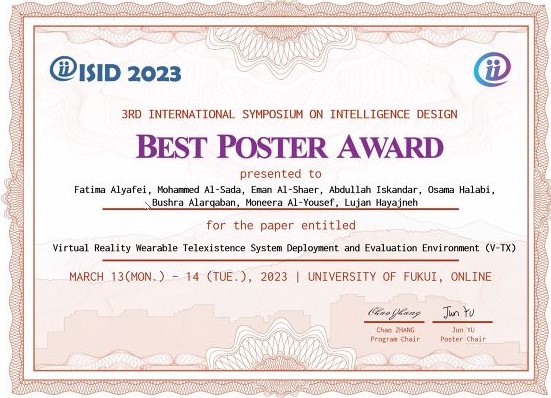Home » Achievements » Faculty (Page 4)
Category Archives: Faculty
Recent Posts
- Strengthening Industry Collaboration: CSE Hosts IAB Meeting for CS and CE Programs
- CSE Students Secure First Place at Snoonu Hackathon 2026
- CSE Faculties Receive Grants on Institutional Collaboration between Qatar University & Khalifa University
- Computer Engineering Practicum Demo Day & Contest (4th Edition)
- CSE faculty receives research funding from Google
Archives
- January 2026
- December 2025
- November 2025
- September 2025
- August 2025
- May 2025
- February 2025
- January 2025
- December 2024
- November 2024
- September 2024
- June 2024
- May 2024
- April 2024
- March 2024
- February 2024
- January 2024
- December 2023
- November 2023
- October 2023
- September 2023
- June 2023
- May 2023
- April 2023
- March 2023
- February 2023
- January 2023
- December 2022
- November 2022
- October 2022
- September 2022
- August 2022
- May 2022
- April 2022
- March 2022
- February 2022
- January 2022
- December 2021
- November 2021
- October 2021
- September 2021
- August 2021
- July 2021
- May 2021
- April 2021
- March 2021
- February 2021
- January 2021
- December 2020
- November 2020
- October 2020
- September 2020
- August 2020
Categories
CSE faculties contribute to QU 14th Excellence Day
June 13, 2023 / Leave a comment
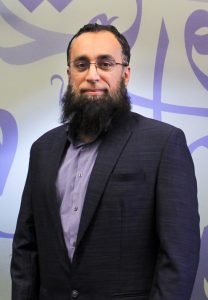
Two CSE faculty members have delivered talks at the QU 14th Excellence Day event, themed “AI in Higher Education: Navigating the Future., which was organized by the QU Center for Excellence in Teaching and Learning (CETL) on June 13, 2023.
Prof. Junaid Qadir delivered a plenary talk titled “Educating for the AI Revolution: Fostering a Holistic Human-Centered Approach Based on Wisdom and Multiplexity”. The talk attracted a packed audience consisting of QU faculty members and external guests. During the talk, Prof. Qadir introduced the audience to the opportunities and challenges presented by new general-purpose AI developments. He highlighted the disruptive impact of these tools on higher education and emphasized their potential to enhance human intelligence, capabilities, and productivity. However, he also stressed the importance for educators to be cautious of limitations such as biases, hallucinations, and misinformation. The discussion further explored effective strategies for higher education to adapt to these dynamic times, ensuring social welfare, enhanced human capabilities, inclusivity, and openness.
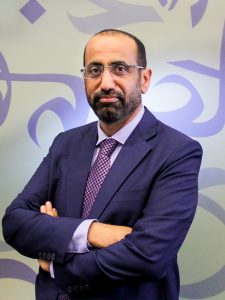
Additionally, Dr. Saleh Alhazbi delivered a presentation titled ‘Learning Analytics from prediction to prescription’ during the same event. The presentation highlighted the ongoing efforts in utilizing AI to analyze students’ traced data collected by learning management systems (LMS), and how the objective has been shifted from solely predicting students’ performance to providing proactive feedback aiming to enhance their learning experience. Furthermore, the presentation provided insights into the challenges related to learning analytics. These challenges encompassed ethical considerations, the impact of learners’ internal conditions like motivation, the influence of external conditions such as the nature of the subject being studied, and the role of instructors in the learning process.
CSE Faculty Awarded QJRC Grant
May 31, 2023 / Leave a comment
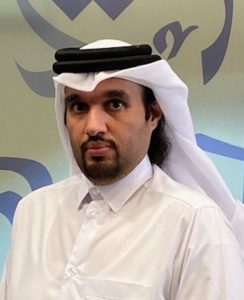
Dr. Mohammed Al-Sada, assistant professor at our department, and his team has been awarded a Qatar-Japan Research Collaboration (QJRC) cycle2 grant for the project titled: “A Versatile Telexistence System with Implicitly Assistive Telemanipulation Capabilities”.
QJRC, funded by Marubeni, brings together Qatar University and Japanese Universities to collaborate on research topics of mutual interest and develop high-quality, high-impact outcomes and prototypes that benefit both parties. QJRC paves the way for sustainable cooperation and helps, in a concerted manner, to fulfill the knowledge-based economy aspiration of Qatar.
The project’s team includes:
– LPI: Mohammed Al-Sada, Qatar University, Doha, Qatar.
– LPI: Prof. Tetsuya Ogata, Waseda University, Tokyo, Japan.
– PI: Prof. Tatsuo Nakajima, Waseda University, Tokyo, Japan
– PI: Dr. Osama Halabi, Qatar University, Doha, Qatar.
– PI: Dr. Faisal Al-Jaber, Qatar University, Doha, Qatar.
– PI: Dr. Sarada Prasad Dakua, Hamad Medical Corporation, Doha, Qatar
– PI: Dr. Pin-Chu Yang, Waseda University, Tokyo, Japan
– PI: Mr. Abdulla Iskandar, Waseda University, Tokyo, Japan
– PI: Mr. Naoki Hashimoto, Waseda University, Tokyo, Japan.
– Consultant: Dr. Yamen Saraiji, Sony AI, Tokyo, Japan.
Here is the project’s abstract:
In recent years, Qatar has faced pressing challenges in knowledge exchange and collaboration with the world across industrial and educational sectors. In response to such challenges, we fabricated a wearable telexistence system that can be used for knowledge transfer and remote collaboration tasks as part of QJRC-1. This proposal builds upon our system by addressing its key limitations through two main objectives. First, we propose a novel robot formfactor that enables the wearable robot to dock into a mobile robotic platform, that we called the Yorishiro system. This system provides stability, power, and enables using the robot in three Modes: i) Wearable Telexistence Mode: the robot is a fully worn system. ii) Augmented-Wearability Mode: the robot is worn by a surrogate user while attached to the Yorishiro System. iii) Mobile Telexistence Mode: the robot is completely independent from surrogate users and is a fully mobile system. Therefore, the Yorishiro system significantly increases the reliability and stability of the robotic system, and extending its usage and deployment domains for industrial and medical contexts.
The second objective is concerned with increasing the efficiency and accuracy of telemanipulation task by developing an implicitly assistive telemanipulation system for telexistence (ATX). Our ATX system mainly focusing on helping the robot operator to grasp tools with consideration to their affordances through deep learning based detection and motion generation method. ATX implicitly assists users by compensating operational errors during telemanipulation, thereby maintaining embodiment over the robot that is necessary to telexistence. The contributions of these objectives are significant, as we explore efficient novel formfactors for telexistence systems, and integrate assistive methods to ensure operational efficiency of the robot. To the best of our knowledge, these objectives have not been explored in any previous research, and advance the state of the art in telexistence systems.
Virtual Reality Lab Project Wins Second Place in “Innovators in Education”
May 24, 2023 / Leave a comment
Qatar University recently concluded its “Innovators in Education” project in the presence of Her Excellency Mrs. Buthaina bint Ali Jabor Al-Nuaimi, Minister of Education and Higher Education, and a number of officials, deans of colleges and students participating in the project. The project is a groundbreaking initiative aimed at fostering innovative educational methods and enhancing learning opportunities for students. It brought together educators and university students to design educational resources and develop effective solutions to address challenges in the educational field. Among the impressive array of winners, the “Virtual Reality Lab: Redefining Remote Education” project claimed second place in the category of multimedia and learning software. The project is developed by the students Ahmed Ammar, Abdul Aziz Al Hams, and Mohamed Al-Yazidi under the supervision of Dr. Osama Halabi. The achievement highlights the transformative potential of virtual reality technology in redefining remote education and creating immersive learning experiences for students.
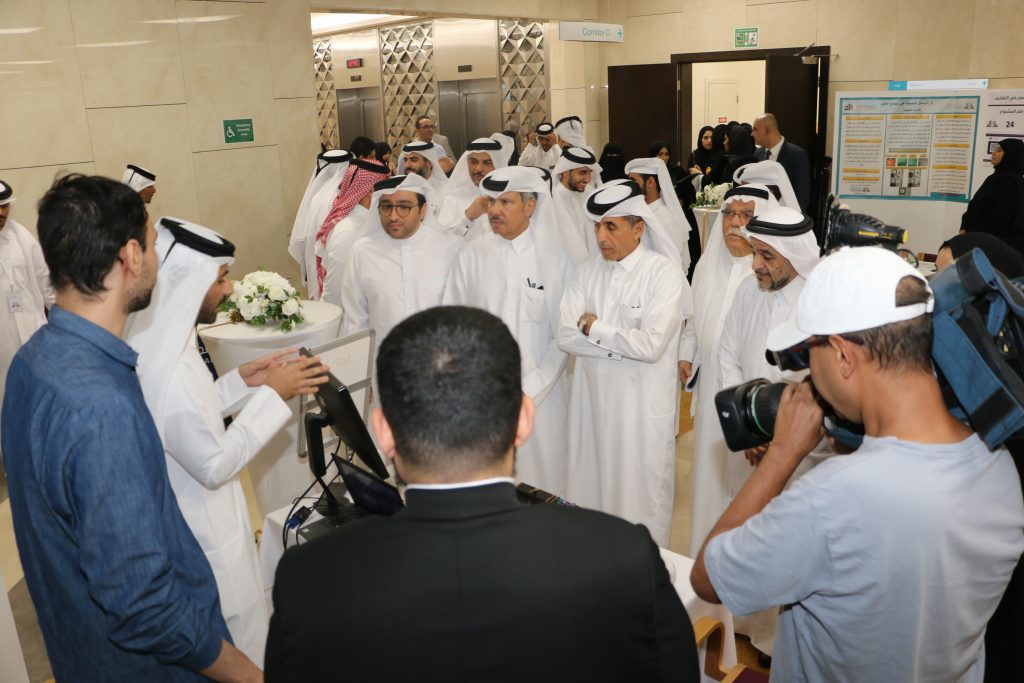
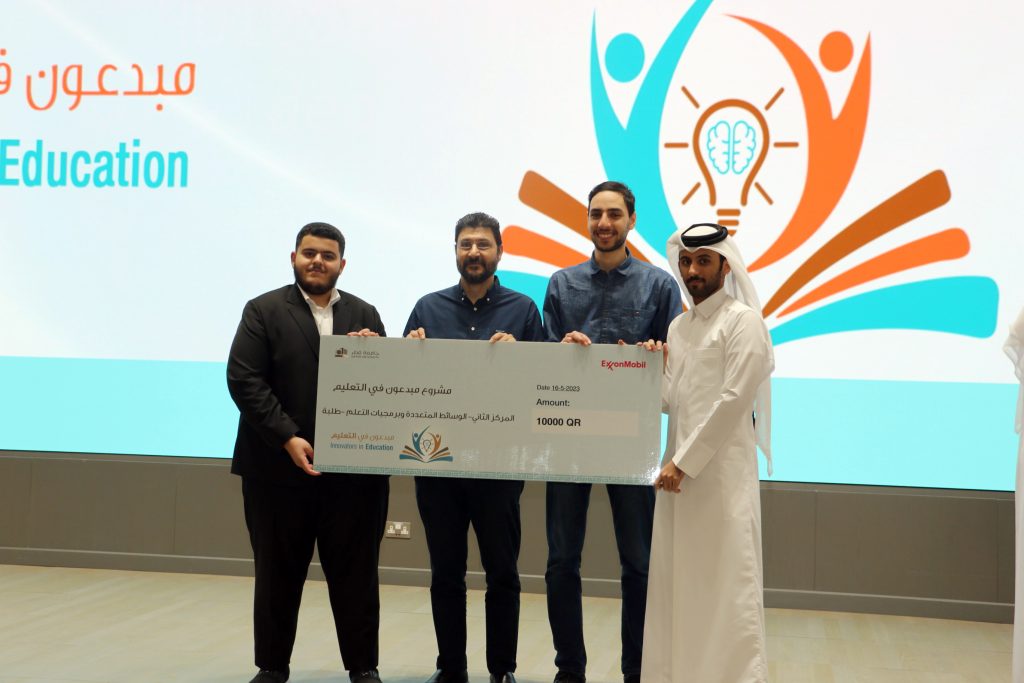
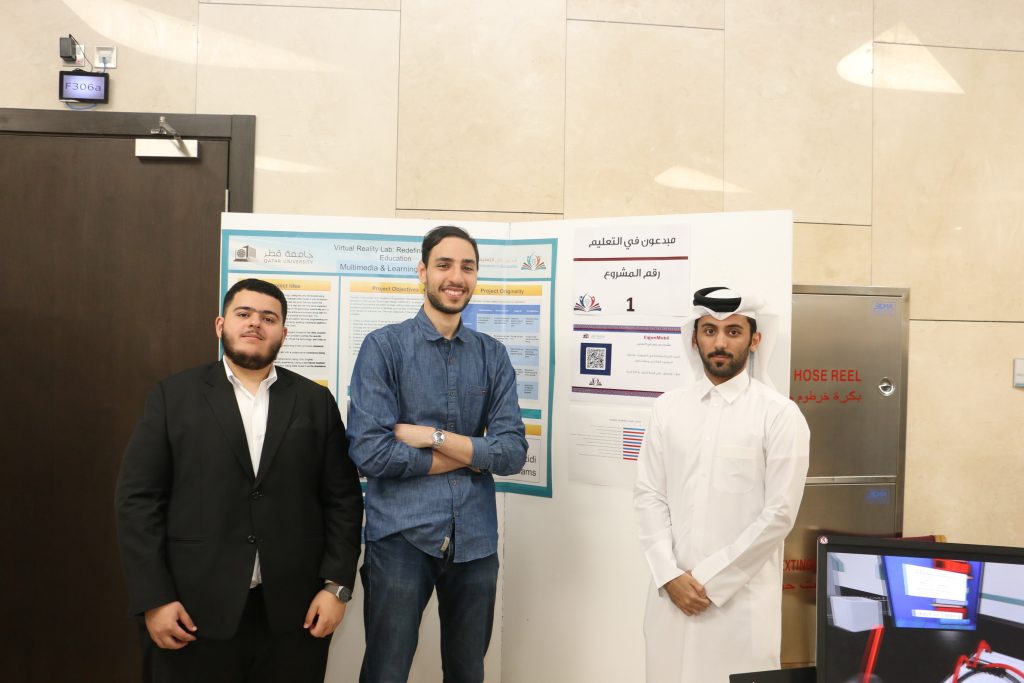
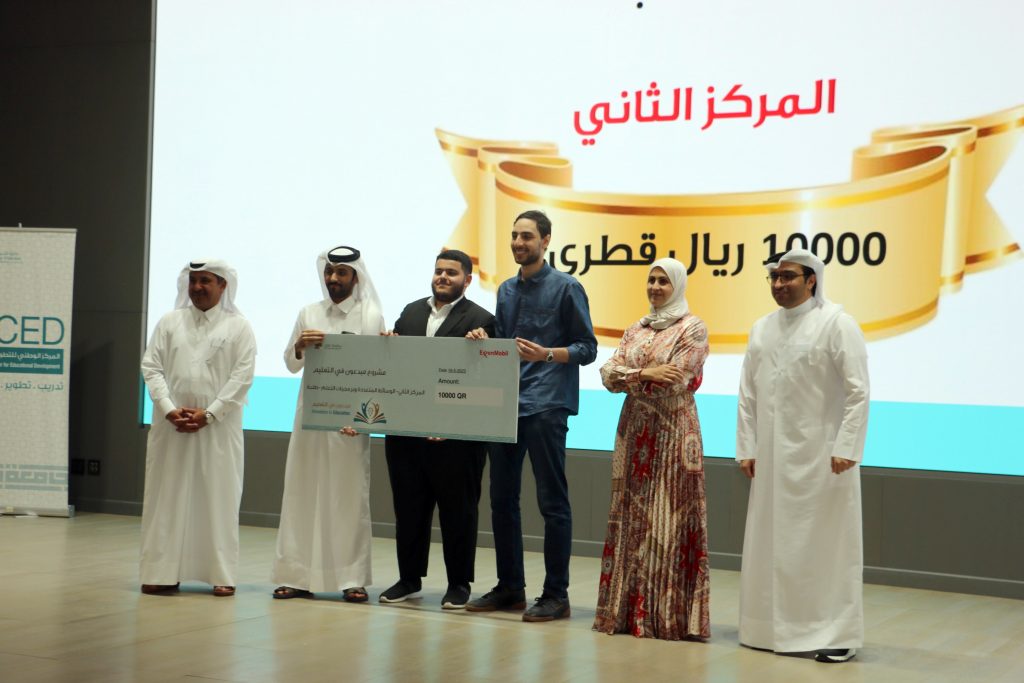
Prof. Qutaibah: CAC Commissioner for ABET
May 14, 2023 / Leave a comment
Prof. Qutaibah Malluhi has been selected to serve as a CAC commissioner for ABET. The ABET computing accreditation commission (CAC) leads accreditation visits for computing programs worldwide, provides guidance and support to program evaluators, ensures consistent interpretation and application of accreditation criteria, and makes final accreditation decisions for each program. The commission is also responsible for reviewing and enhancing accreditation criteria, policies, and procedures.
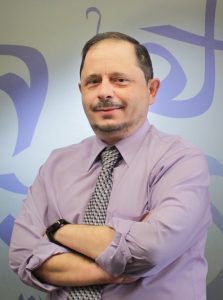
CSE teams win four medals at International Invention Fair in the Middle East
March 24, 2023 / Leave a comment
Three inventions from Computer Science and Engineering (CSE) department won advanced awards in the 13th IIFME –International Invention Fair of the Middle East hosted in Kuwait. Dr. Khalid Abualsaud and his team have received a golden medal, while Prof. Sumaya Al-Maadeed and her team have received another golden medal and two bronze medals.
The fair was organized from the 12th to 15th of February 2023 by Kuwait Science Club under the Patronage of His Highness, the Emir of Kuwait, Sheikh Sabah Al-Ahmad Al-Jaber Al-Sabah, and in collaboration the International Federation of Inventors’ Associations (IFIA), World Intellectual Property Organization (WIPO), UNESCO, and the International Exhibition of Inventions of Geneva. This unique convention in the Middle East was received with great importance locally, regionally, and internationally. It highlighted the inventions, innovations, and creativity of youths and universities.
Dr. Khalid Abualsaud and his team have won the golden medal on an invention resulted from the CSE Senior Design Project (SDP) 2021/2022. Other colleagues from our department as well as the Department of Electrical Engineering have contributed to improve the work. The invention was filed under QU tracking code QU2022-022 and reporting U.S. Provisional Patent Application No. 63/421, 416 filed November 1, 2022. Ref: 432743.10335 [I-AMS.FID5168591] in the United States Patent and Trademark Office (USPTO). The system aims for continuous accurate blood glucose monitoring in a non-invasive manner. The current idea is that the device continuously measures blood sugar and notifies the patient in case of a significant increase in blood sugar that exceeds the limit of normal sugar level, or in case it drops below the limit.
The team of the project consists of the following members:
Contributor(s) Name(s) | Affiliation |
|
Mazun Alshahwani, | Graduate Student, Dept. of Computer Science and Engineering, College of Engineering, Qatar University. | 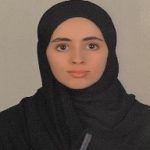 |
Noora Al Bordeni, | Graduate Student, Dept. of Computer Science and Engineering, College of Engineering, Qatar University. |  |
Fatima Al-Kaabi, | Graduate Student, Dept. of Computer Science and Engineering, College of Engineering, Qatar University. | 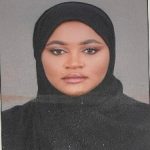 |
Sara Al-Mohannadi, | Graduate Student, Dept. of Computer Science and Engineering, College of Engineering, Qatar University. | |
Khalid Abualsaud | Lecturer of Computer Engineering, Dept. of Computer Science and Engineering, College of Engineering, Qatar University. | 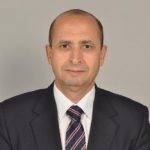 |
Muhammad E. H. Chowdhury | Assistant professor Dept. of Electrical Engineering, College of Engineering, Qatar University. |  |
Associate professor Dept. of Computer Science and Engineering, College of Engineering, Qatar University. | 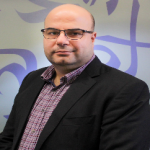 | |
Nizar Zorba | Professor, Dept. of Electrical Engineering, College of Engineering, Qatar University. | 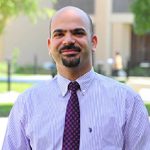 |
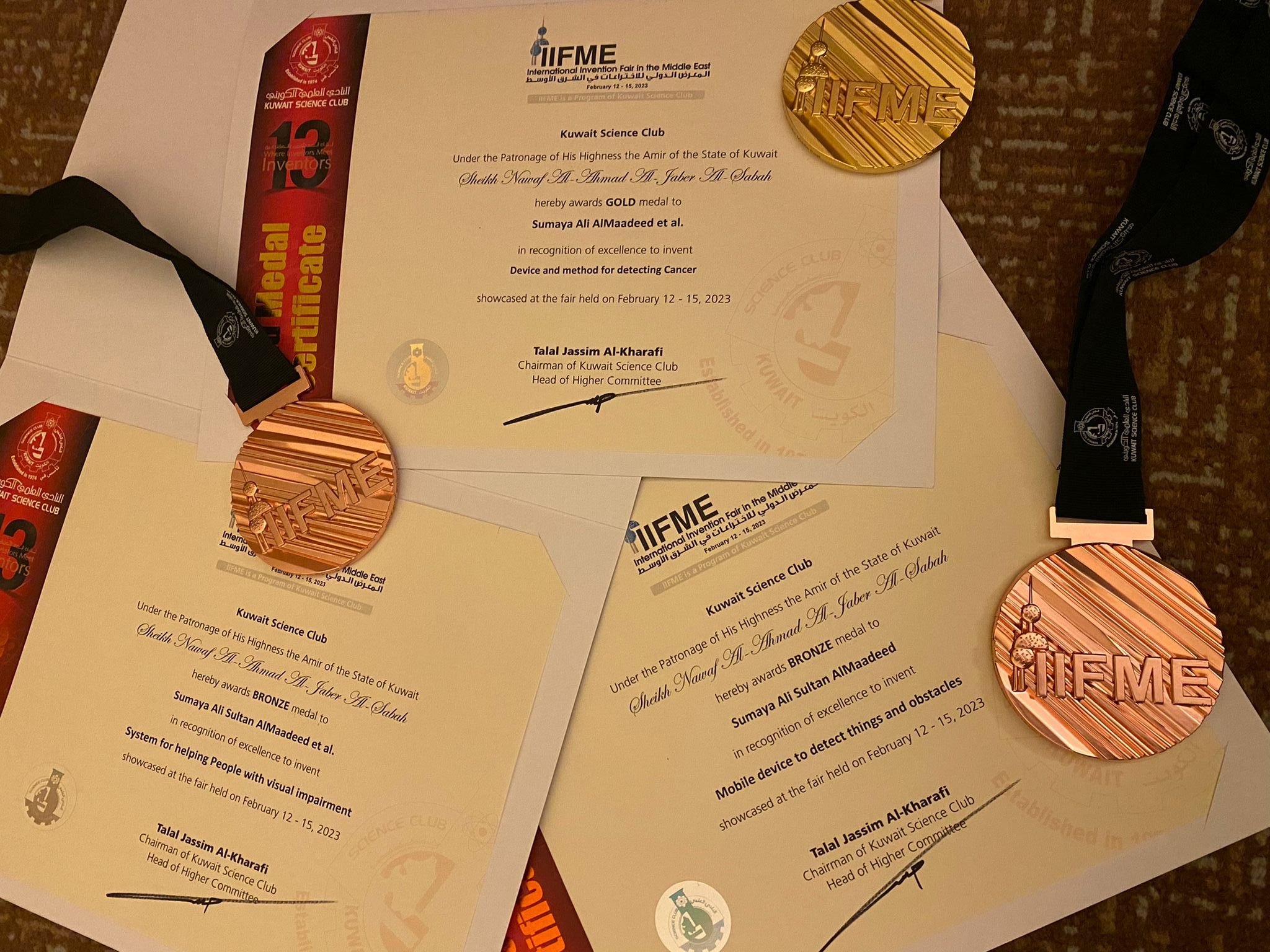
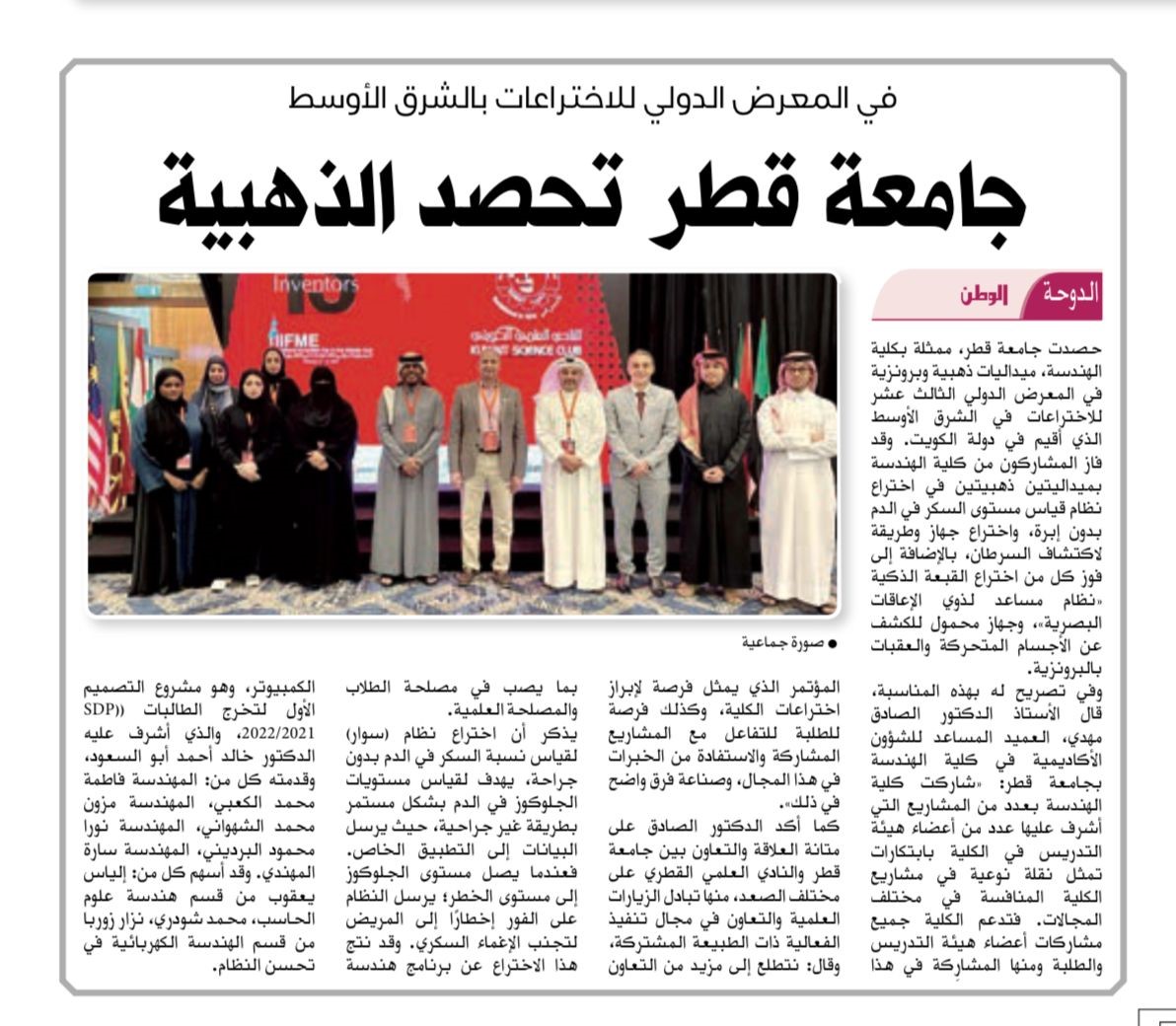
CSE Team Wins Best Poster Award at ISID 2023
March 16, 2023 / Leave a comment

A CSE team led by Dr. Mohammed Al-Sada and Dr. Osama Halabi has received the Best Poster Award at the 3rd International Symposium of Intelligence Design (ISID 2023). The award was given for the poster paper titled “Virtual Reality Wearable Telexistence System Deployment and Evaluation Environment“.
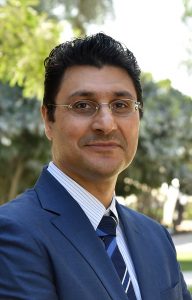
The project is part of a collaboration between Qatar University and Waseda University. The research team includes Ms. Fatima Al-Yafei, Ms. Eman Al-Shaer, Ms. Bushra Alarqaban, Ms. Muneera Al-Yousef, Ms. Lujan Hayajneh, Mr. Abdulla Iskandar, Prof. Tatsuo Nakajima, Dr. Osama Halabi, and Dr. Mohammed Al-Sada.
The poster work is part of a larger project that explores using a VR based environment for the deployment and evaluation of wearable robotic systems, with emphasis on human-robot interaction in various contexts of use.
